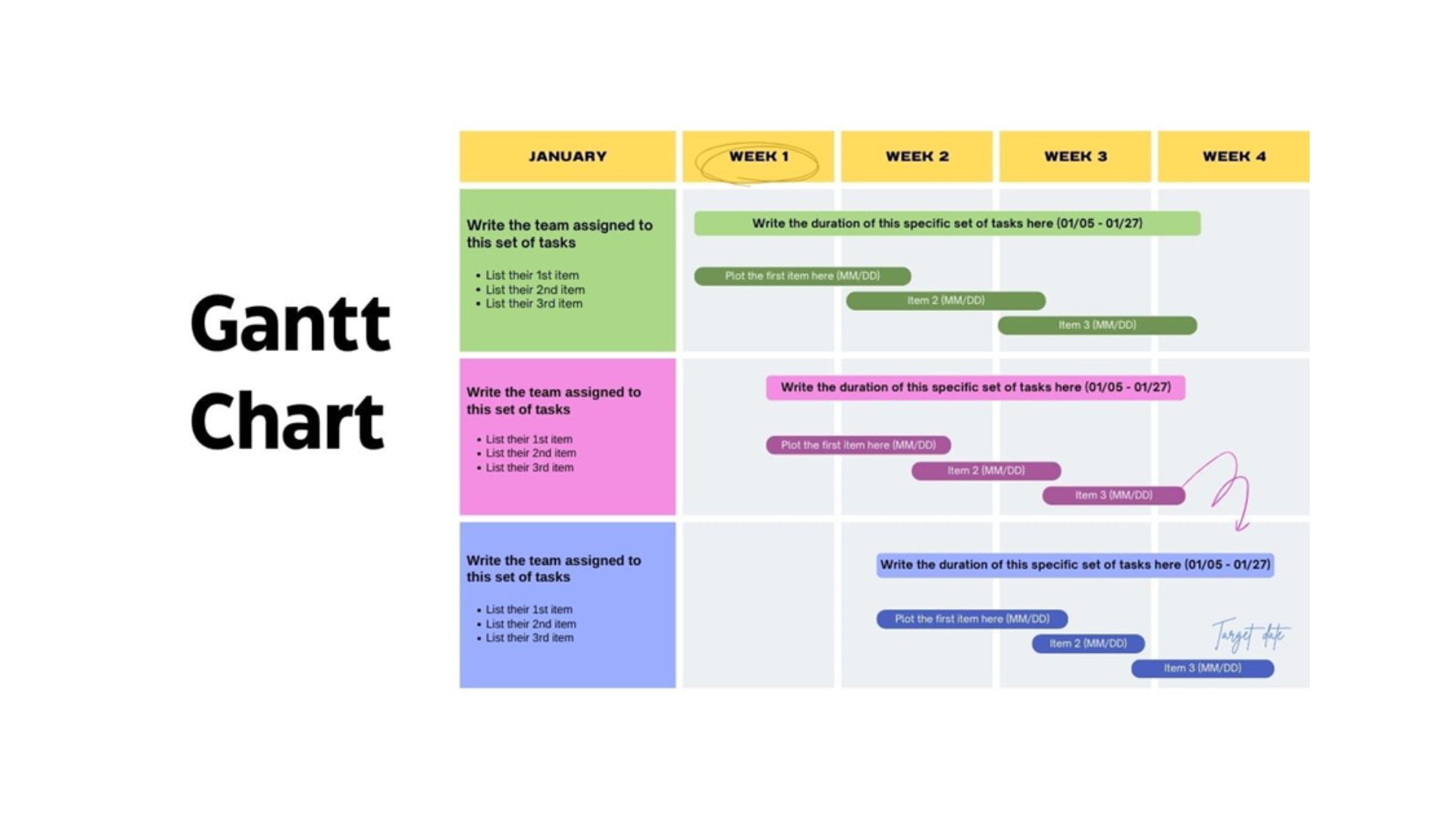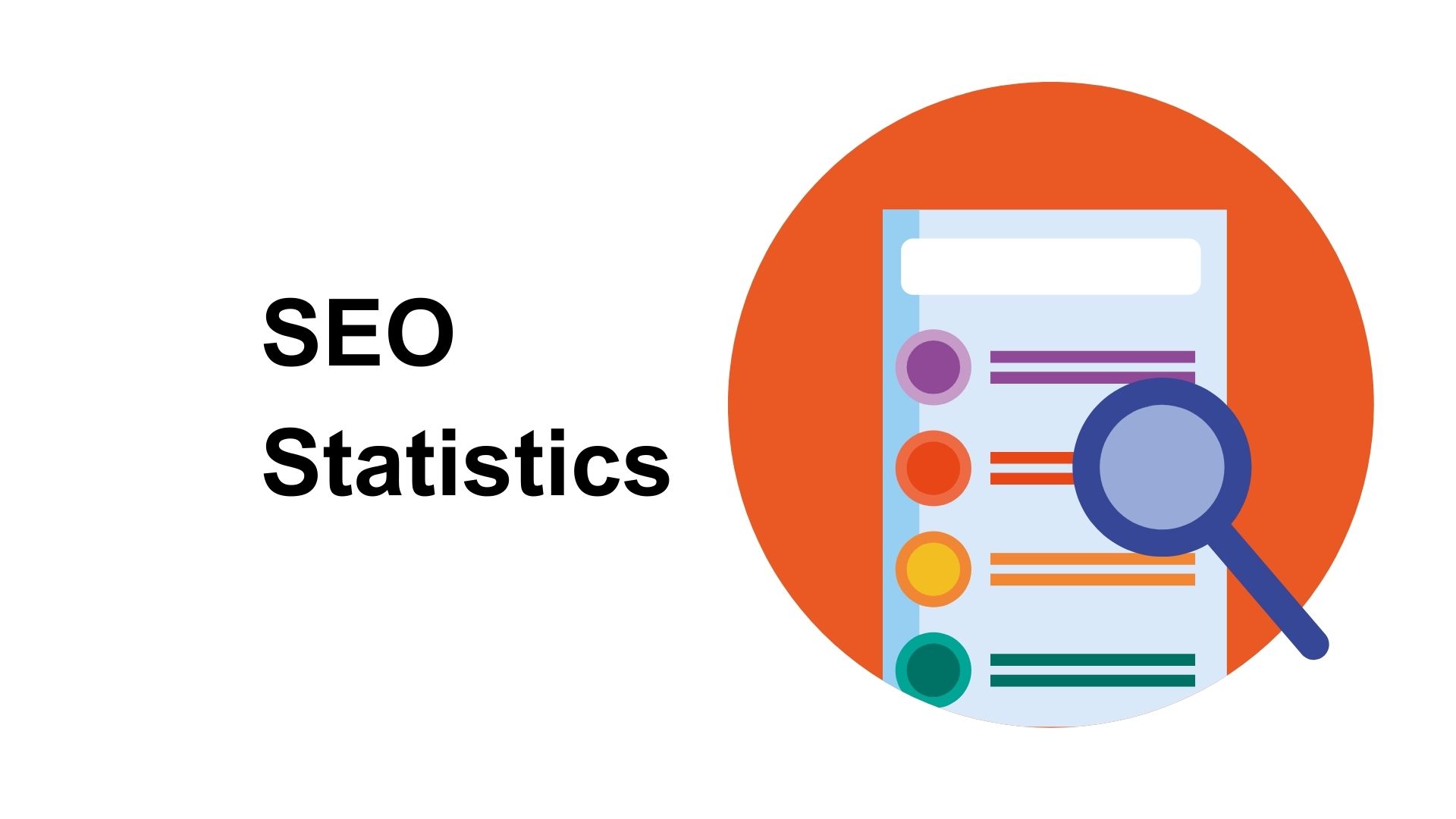Midsize Companies Plan Big Push into Big Data
Big Data is not just within the purview of big companies. That's the takeaway of new research from Competitive Edge Research Reports. The firm's study, which was commissioned by Dell, found that 41 percent of midsize companies are already involved in one or more Big Data projects while 55 percent are planning initiatives.
Midsize companies that have moved from planning into implementing Big Data projects are reporting successes, the research found.
About half of respondents with existing initiatives gave themselves high marks in six strategic tasks: improving speed and quality of decision-making, improving product quality, identifying and taking advantage of business opportunities, understanding constituent sentiment, understanding customer needs and predicting future trends that may impair achievement of business goals. In contrast, fewer than 30 percent of respondents that were still just planning Big Data projects scored themselves well in most of these categories.
The gap was greatest in the improved decision-making category, in which 50 percent of companies with Big Data in production said they performed “very well” in this area, vs. 23 percent of companies that are still in the planning stage.
Big Data Spending
Buoyed by these early wins, respondents expect to boost their Big Data budgets by at least $2 million over the next two years. The research firm predicts the average Big Data budget will reach $6 million during this time frame.
“The early success midmarket companies are seeing with their Big Data initiatives will encourage more growth and investment, and additional returns on that investment will be achieved as they dive further into different datasets and embrace ever-improving analytic capabilities,” said Darin Bartik, executive director, product management, information management, Dell Software, in a statement.
The study offers insight into the tools that will likely win be included in Big Data budgets. The three tools ranked as most valuable were: real-time processing of data and analytics, predictive analytics and data visualization, to convert processed data into actionable insights.
Big Data Challenges, Best Practices
While the study found many positive trends, some daunting Big Data challenges still remain. Named most frequently as challenges: wide variety of new data types and structures, cited by 40 percent of respondents; sheer volume of data slows processing, mentioned by 34 percent; and budget limitations to improve data analysis capabilities, 32 percent.
Perhaps the most valuable insights in the study are the factors respondents named as key to their Big Data success. Forty-one percent of them tapped strong collaboration between business units and IT organizations as a success factor. Similarly, IDC Retail Insights recently noted that companies with more advanced Big Data capabilities were far more likely than their less mature peers to involve both business and IT in their Big Data projects.
IDC Retail Insights recommends that companies establish a collaborative governance structure involving lines of business, IT and a separate analytics group. With Big Data initiatives, high achievers tend to put IT in a leadership role, a finding that runs counter to the common practice of having lines of business lead technology-driven business initiatives, IDC Retail Insights found. Under such models, IT is responsible for overall strategy, planning and application development, with business responsible for evaluating the capabilities created by IT and the ultimate business outcomes. The analytics group handles management of data, content and analytics.
The Dell-commissioned research recognizes “encouraging signs of shared responsibilities taking shape among the management ranks.” For example, while 76 percent of respondents said IT was the most responsible for implementing Big Data projects, 56 percent mentioned sales management in a leadership role. This emphasis on customer-facing issues reinforces a need for close collaboration, the report notes.
Ann All is the editor of Enterprise Apps Today and eSecurity Planet. She has covered business and technology for more than a decade, writing about everything from business intelligence to virtualization.

Public relations, digital marketing, journalism, copywriting. I have done it all so I am able to communicate any information in a professional manner. Recent work includes creating compelling digital content, and applying SEO strategies to increase website performance. I am a skilled copy editor who can manage budgets and people.



